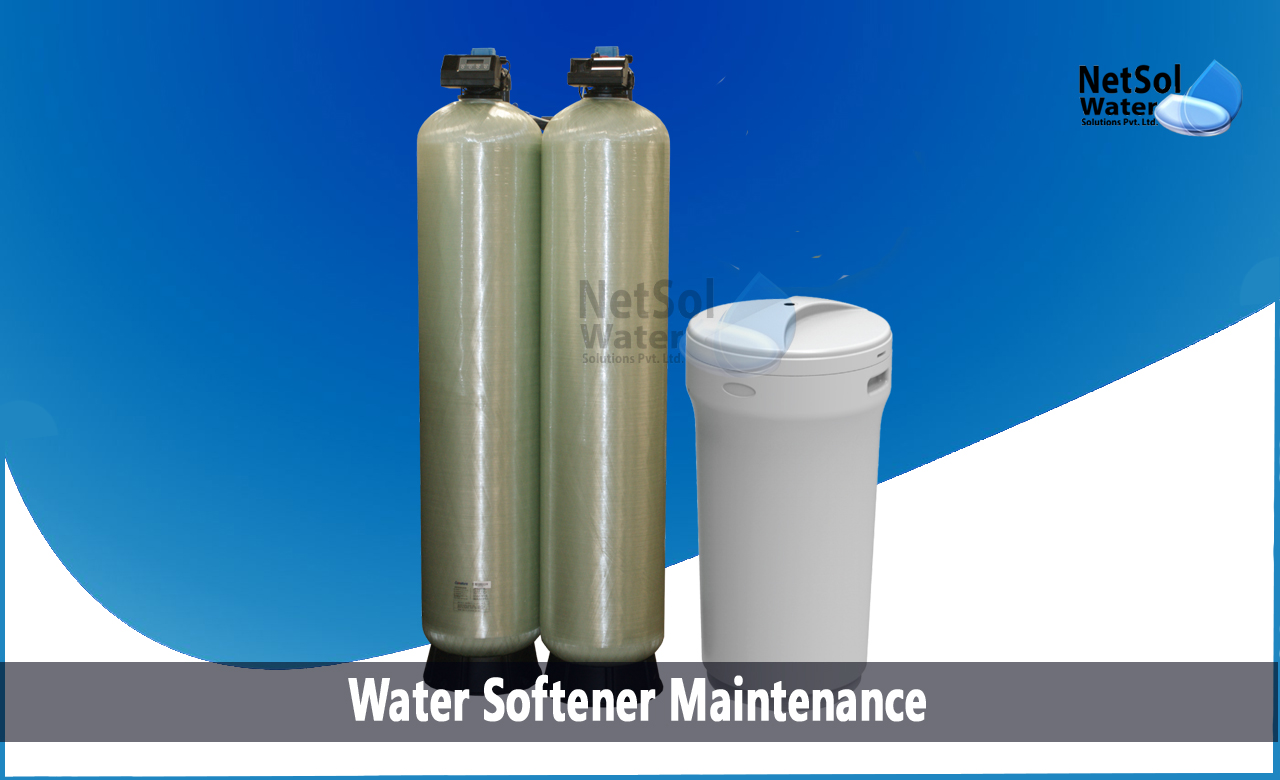Even though hard water poses less risk to your health, it can injure your skin, hair, clothes, and utensils. Scale build-up on utensils, water heaters, showerheads, and faucets necessitates frequent replacement of these devices, which causes homeowners a lot of problems. People who reside in hard water locations therefore favour installing a water softener.
Reputable manufacturers like Netsol Water offer water softeners, with top-notch water-softening technology. To ensure optimum function, you must constantly maintain your water softener in addition to possessing one. Let’s go over some practical water softener maintenance advice tips.
Why is a water softener required?
Numerous skin and hair issues are brought on by hard water. The conventional approaches of water softening are both ineffective and time-consuming. Installing a water softener is the sole solution for dealing with hard water. You can install a point-of-use or whole-house water softener depending on your needs.
To soften the water, the device exchanges sodium ions with calcium and magnesium ions. Your skin and hair will remain safe when using the soft water for various home tasks.
Water Softener maintenance checklist
To maintain your water softener, follow the checklist and advice below:
1: Verify the salt content
Checking the salt levels is one of the key maintenance advices for water softeners. The cause is that you start to receive hard water when the salt content drops. You can prevent the typical problems associated with hard water, by occasionally checking the salt level.
The general recommendation is to check the salt level every 4-6 weeks, although, the exact frequency will depend on the equipment, the degree of hardness, and many other variables.
2: View the Salt Bridges
You could see a layer of a solidified salt bridge in the brine tank as soon, as you start using the water softener frequently. Salt bridges can be caused by a number of factors, including using salt of low quality, high temperatures, or humidity.
The water softener's resin beads cannot regenerate when salt bridges are present. To avoid salt bridges in the water softener, regularly inspect and clean the brine tank. However, be sure to carefully clean the salt bridges since, insufficient cleaning can harm the softener's walls.
3: Sanitize the brine tank
Modern water softeners' brine tanks hardly ever require cleaning. But make careful to periodically clean the brine tank to prevent any issues. Don't forget to read the user handbook so you know the best procedure, for cleaning the brine tank before you start. Cleaning the brine tank every six to twelve months is necessary, to ensure the appliance is operating properly.
4: Regularly check the water softener
Checking the salt content is insufficient. Every three to four months, you should closely inspect the softener's state as well. There is a risk that the water softener's brine tank may have an excessive salt build-up.
Bridging is the process that keeps salt from coming into contact with water. This hinders the resin bed's ability to be cleaned, which in turn hinders the water softening process.
5: Use appropriate salt
Many people fill their home's water softener with any old salt they may find. Use the proper salt and stay away from utilising any old salt you may have at home, in order to achieve the best outcomes. Despite the fact that cube salts are what most water softeners use, make sure to read the handbook to find out which sort of salt works best.
6: Purge the resin bed
Salt is frequently refilled into the resin beds. However, you can also occasionally flush the resin bed with water softener cleanser. The presence of iron, heavy metals, and other organic substances causes the water softener to lose effectiveness. Clean the resin bed occasionally to keep the softener functioning well.
Conclusion
It is very important to regularly inspect and thus clean the water softener, to make sure that it is operating faultlessly. For the best results, you must choose the best water softener available for home use in addition to routine water softener maintenance. To clean the water softener, however, be sure to occasionally enlist the assistance of a professional.
Manufacturer of water softeners
A wide range of industrial and commercial water filtration and water purification equipment’s’ are available from Netsol Water, and they may be customised to meet the demands and requirements of any particular project. In addition, we provide top-notch RO plants, water softeners and activated carbon filters that can be used for any tertiary water treatment, or water purification application.
Netsol Water is Greater Noida-based leading water & wastewater treatment plant manufacturer. We are industry's most demanding company based on client review and work quality. We are known as best commercial RO plant manufacturers, industrial RO plant manufacturer, sewage treatment plant manufacturer, Water Softener Plant Manufacturers and effluent treatment plant manufacturers. Apart from this 24x7 customer support is our USP. Call on +91-9650608473, or write us at enquiry@netsolwater.com for any support, inquiry or product-purchase related query.



